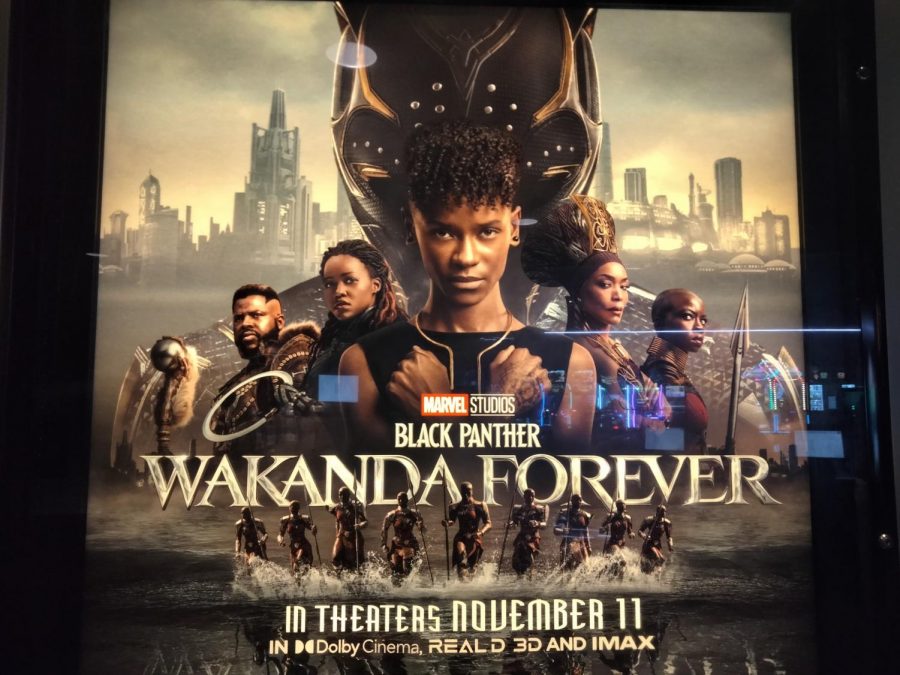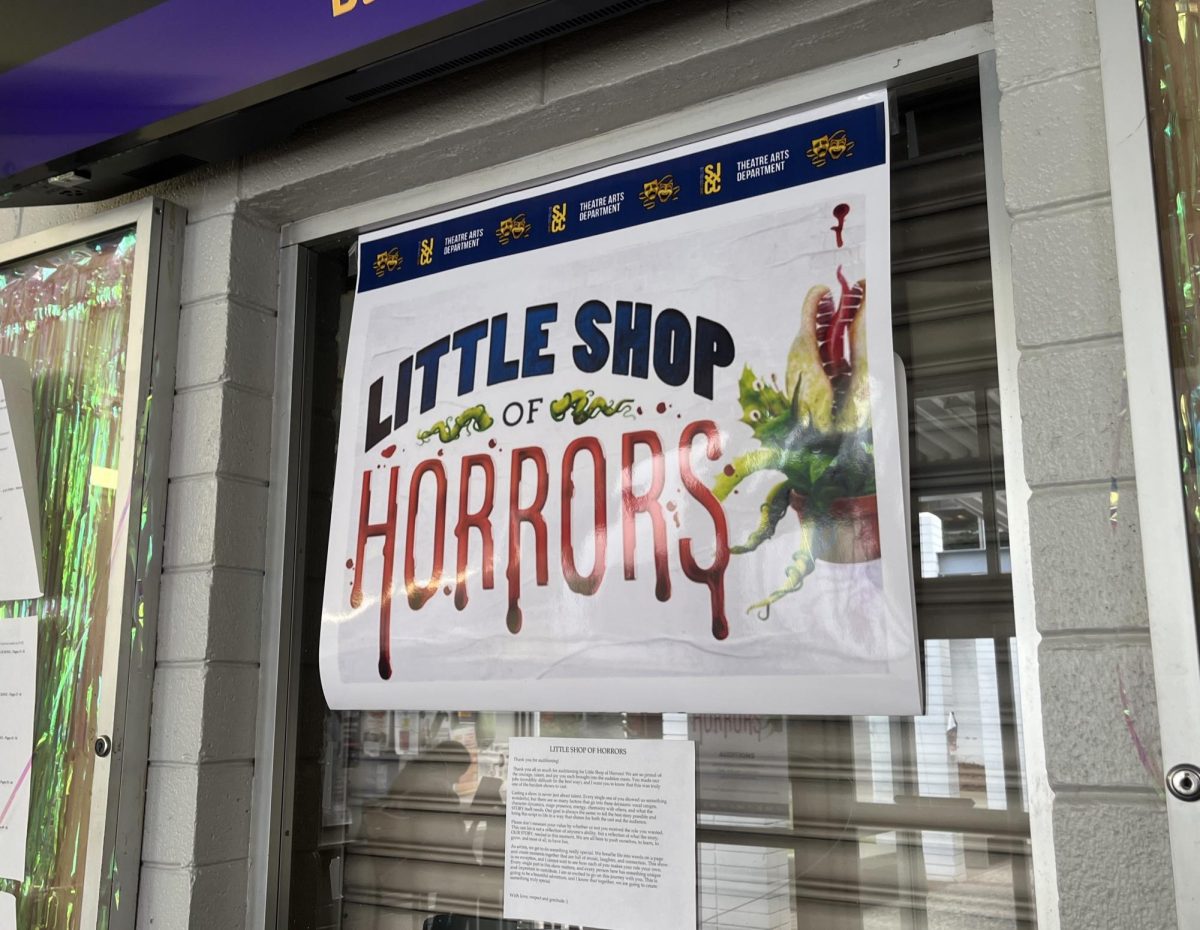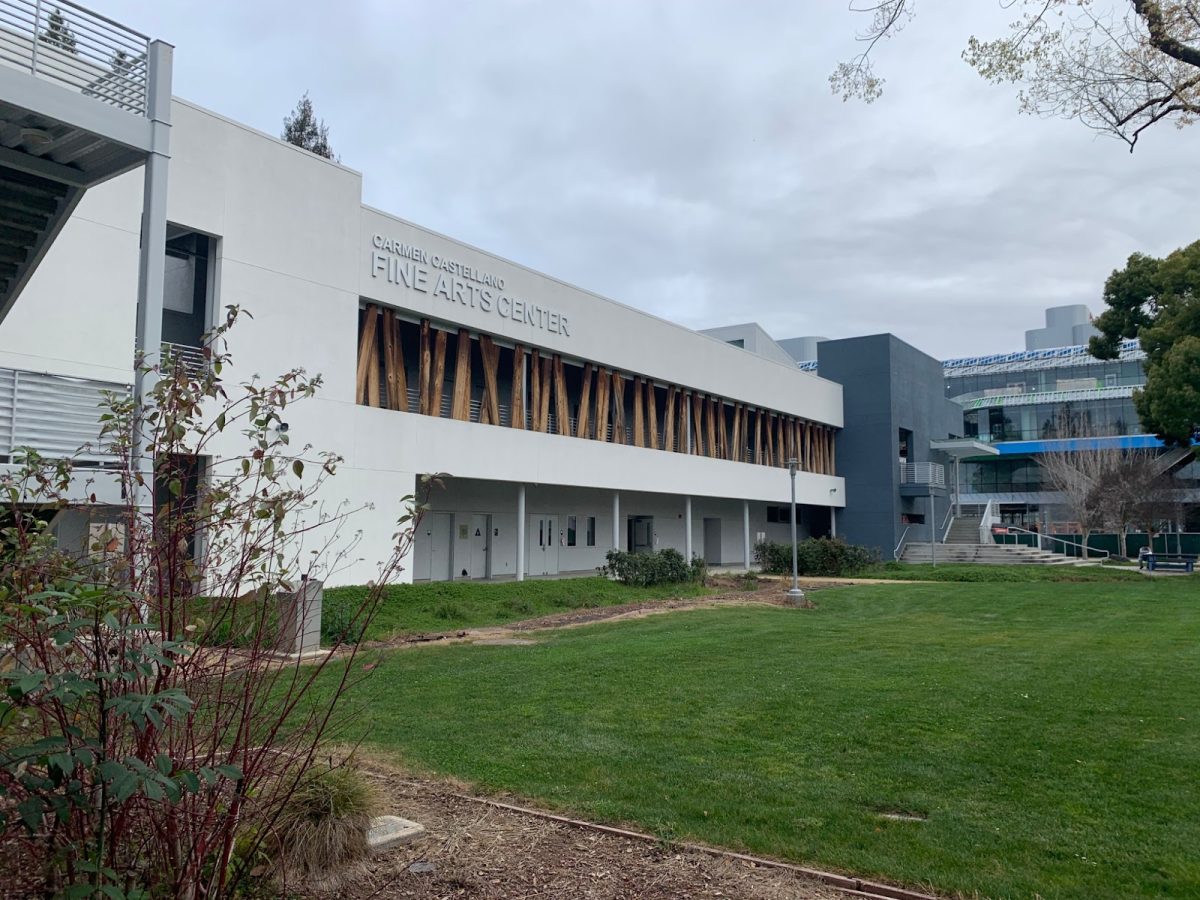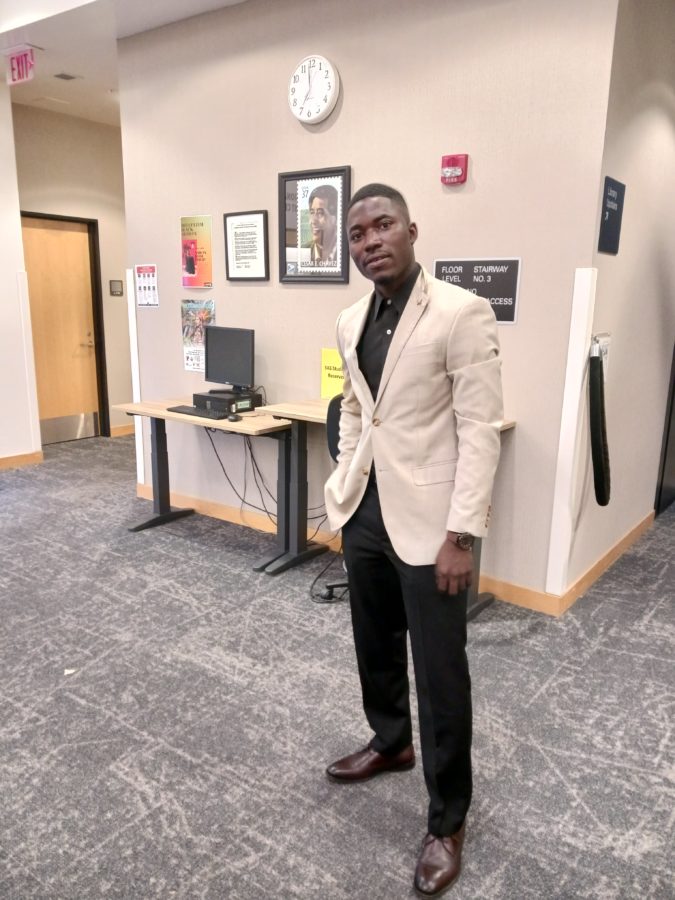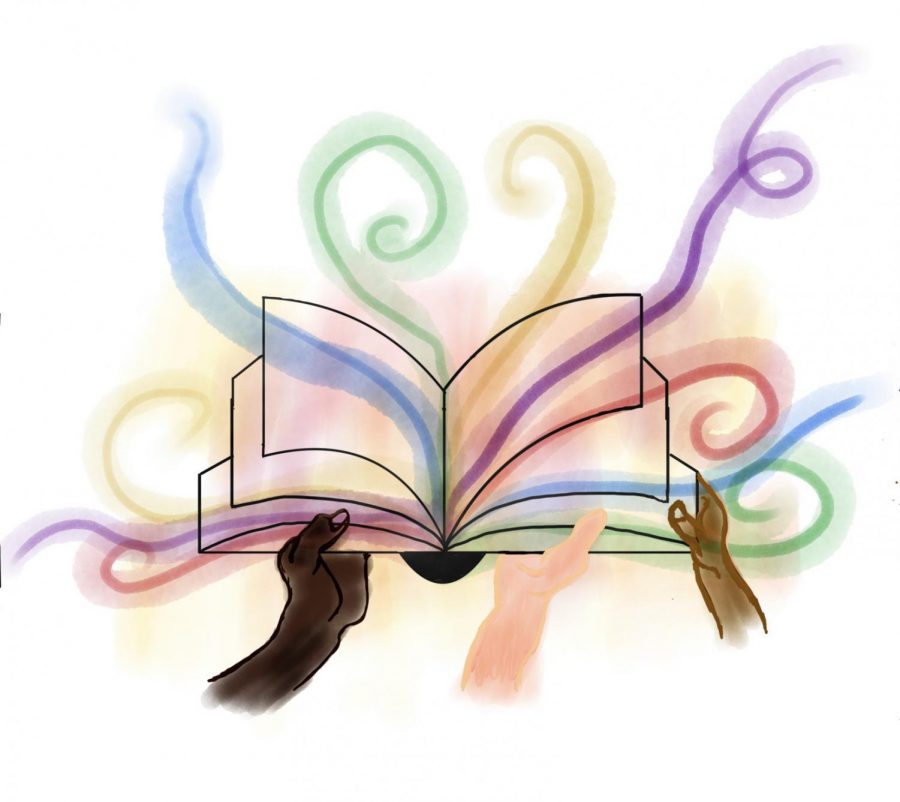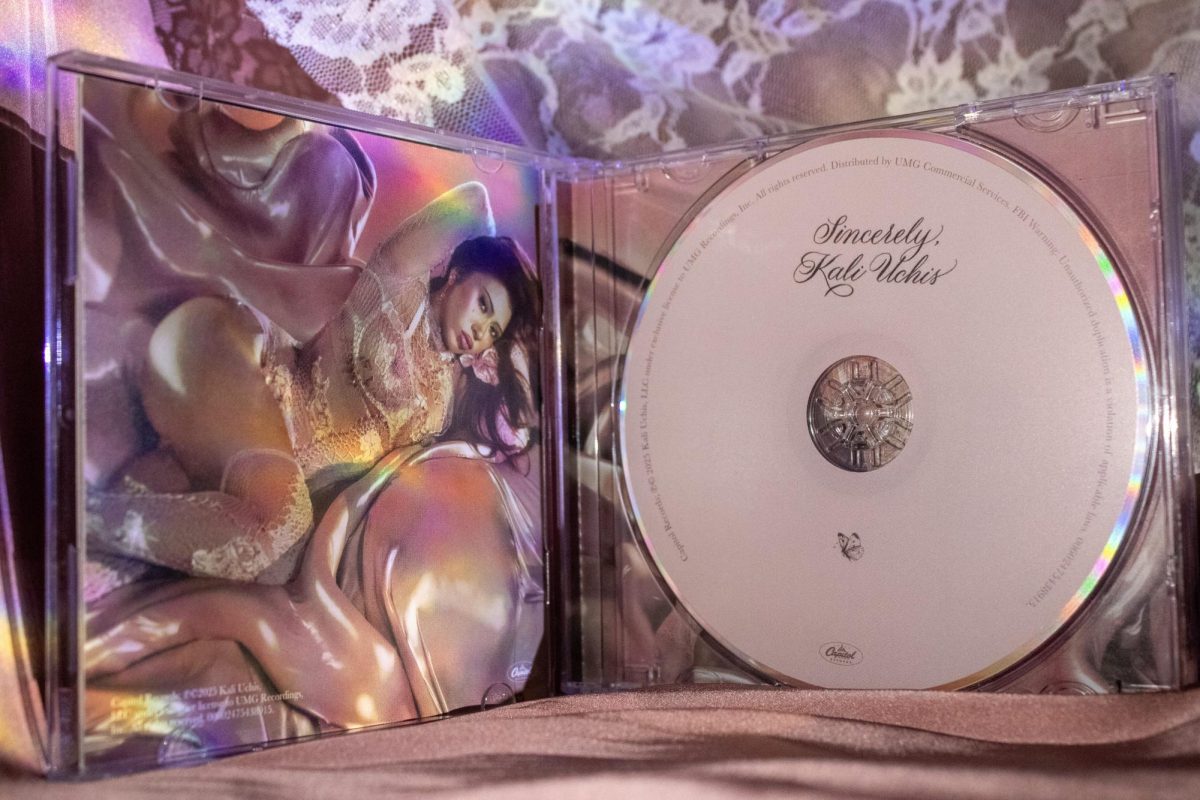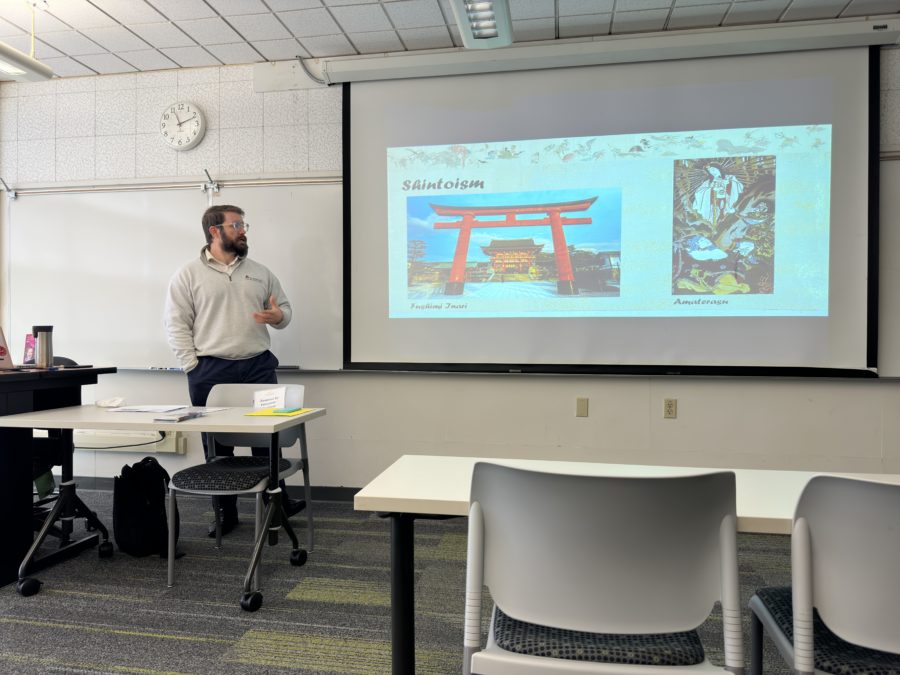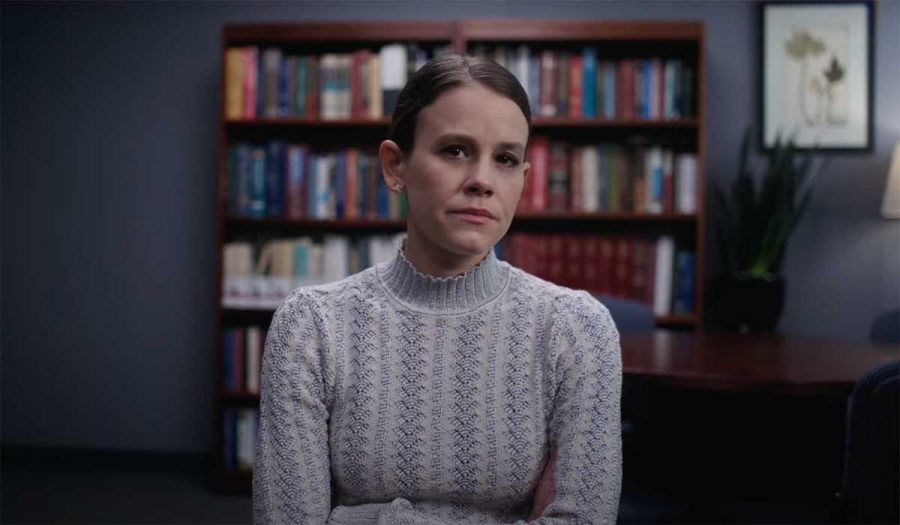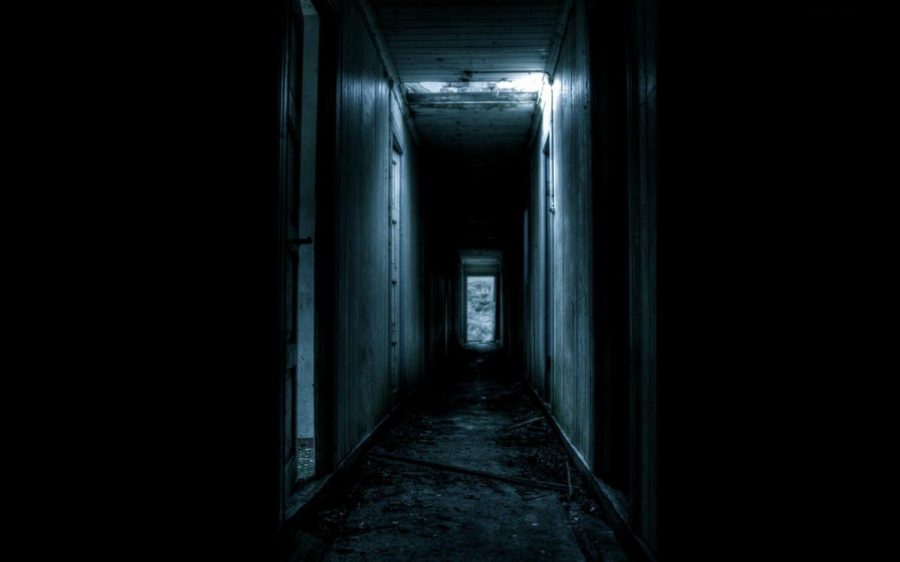Black Panther: Wakanda Forever, directed by Ryan Coogler and starring Letitia Wright, Lupita Nyong’o and Tenoch Huerta Mejia in an ensemble cast, is the sequel to the 2018 film Black Panther. It’s yet another highly successful Marvel Cinematic Universe blockbuster.
More important than Wakanda Forever’s place among movies of the superhero genre, is the shadow of Chadwick Boseman’s untimely passing in 2020, a person many assumed would be a cinematic superstar in the years to come.
The movie itself is deeply affected by his and thus his character T’challa’s passing. Nakia and company often find themselves at a loss trying to navigate a world so uncertain without a figure so influential to the very course of their lives, especially as they find themselves in conflict with an underwater civilization, the Talokan and their leader Namor (played by Mejia).
The Talokan are posed as the foil to Wakanda, as they are also an oppressed city-state, hidden in the efforts to protect themselves from the horrors of Spanish colonialism. Yet, where Wakanda chooses peace and openness, Talokan only chooses war and violence. The conflict is well-paced, with a lot of enthralling and excellently choreographed fight scenes.
Yet, the action is secondary to the true emotional core that the film has to offer, that of the different approaches to racial opression. Once again, as in the previous film, the Wakandans are forced to come face-to-face with people rightfully angered, as they are, with centuries upon centuries of racial discrimination, but with different methods of outputting that emotion. The Wakandans, as to be expected in a Marvel / Disney product, prevail in the end, reminding us that the true path to equity among different groups is through solidarity and interconnectedness, not hostility. It’s a message that spoke to me on a deeply personal and emotional level.
Wakanda truly is forever, at least for me.
.

